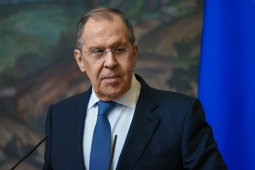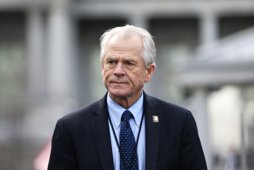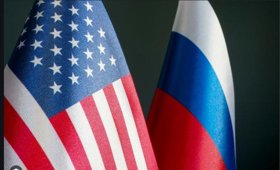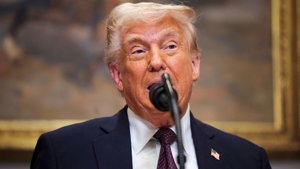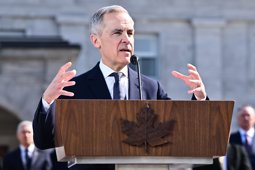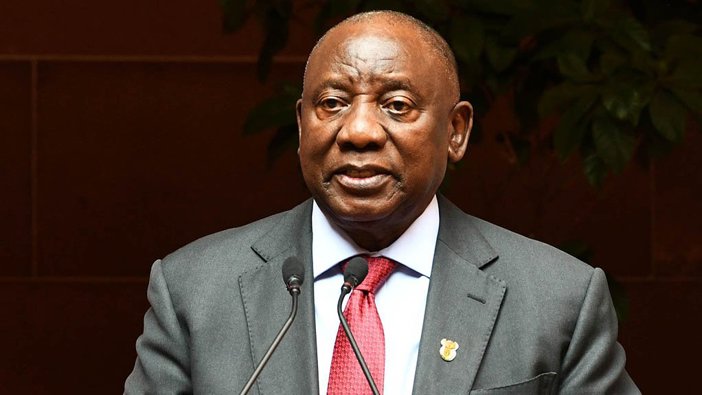
Ramaphosa Urges US Trade Agreement
South African President Cyril Ramaphosa voiced serious concern on Thursday over the newly imposed tariffs by United States President Donald Trump, describing them as a direct “barrier to trade.” In a public address, Ramaphosa emphasized that while South Africa remains committed to a cooperative and mutually beneficial relationship with the United States, these unilateral and punitive tariffs jeopardize the foundation of shared prosperity.
“The tariffs affirm the urgency to negotiate a new bilateral and mutually beneficial trade agreement with the US as an essential step to secure long-term trade certainty,” Ramaphosa said. He stressed that stability and fairness in international trade require collaboration, not confrontation.
The South African leader’s remarks come amid heightened tensions between the two nations during Trump’s second term in office. Diplomatic relations have soured in recent months, culminating in the expulsion of South African Ambassador Ebrahim Rasool by the United States just last month. The Trump administration had earlier issued an executive order freezing US aid to South Africa, citing policy disagreements and trade imbalances.
Despite these developments, Ramaphosa maintained a measured tone, stating that South Africa values its longstanding economic ties with the United States and wishes to rebuild a stable framework for future cooperation. “Whilst South Africa remains committed to a mutually beneficial trade relationship with the United States, unilaterally imposed and punitive tariffs are a concern,” he reiterated.
The current tariffs are seen by South African officials and business leaders as a threat to key export sectors, including automotive parts, agriculture, and raw materials. Economists warn that such measures could further destabilize emerging markets already under pressure from global economic shifts.
Ramaphosa’s call for a new trade agreement highlights a broader push among US trading partners to reassess their economic relationships in light of Trump’s “Liberation Day” trade policy. With more nations voicing their opposition to protectionist measures, the international community appears poised for a new round of trade negotiations in the months ahead.

